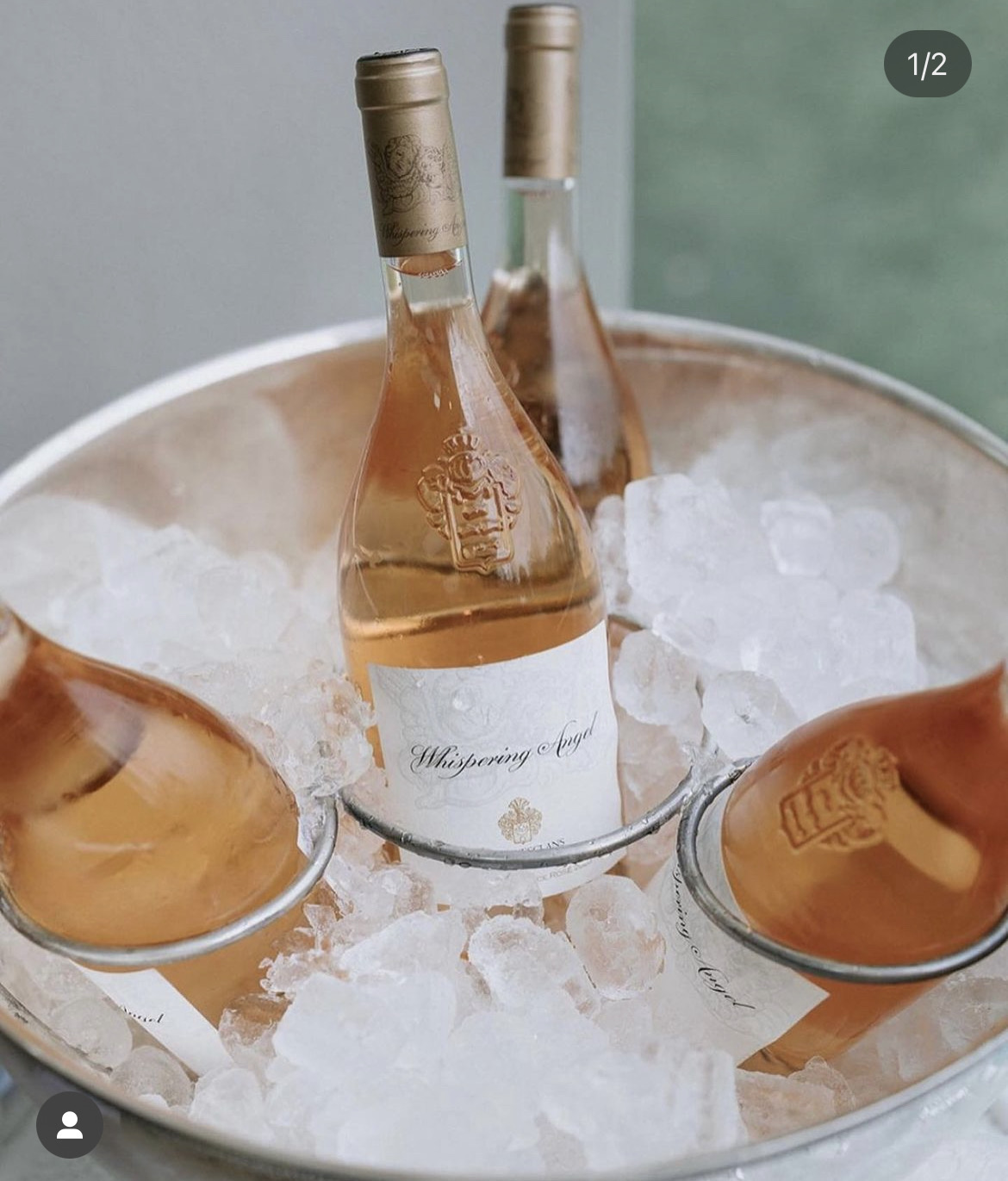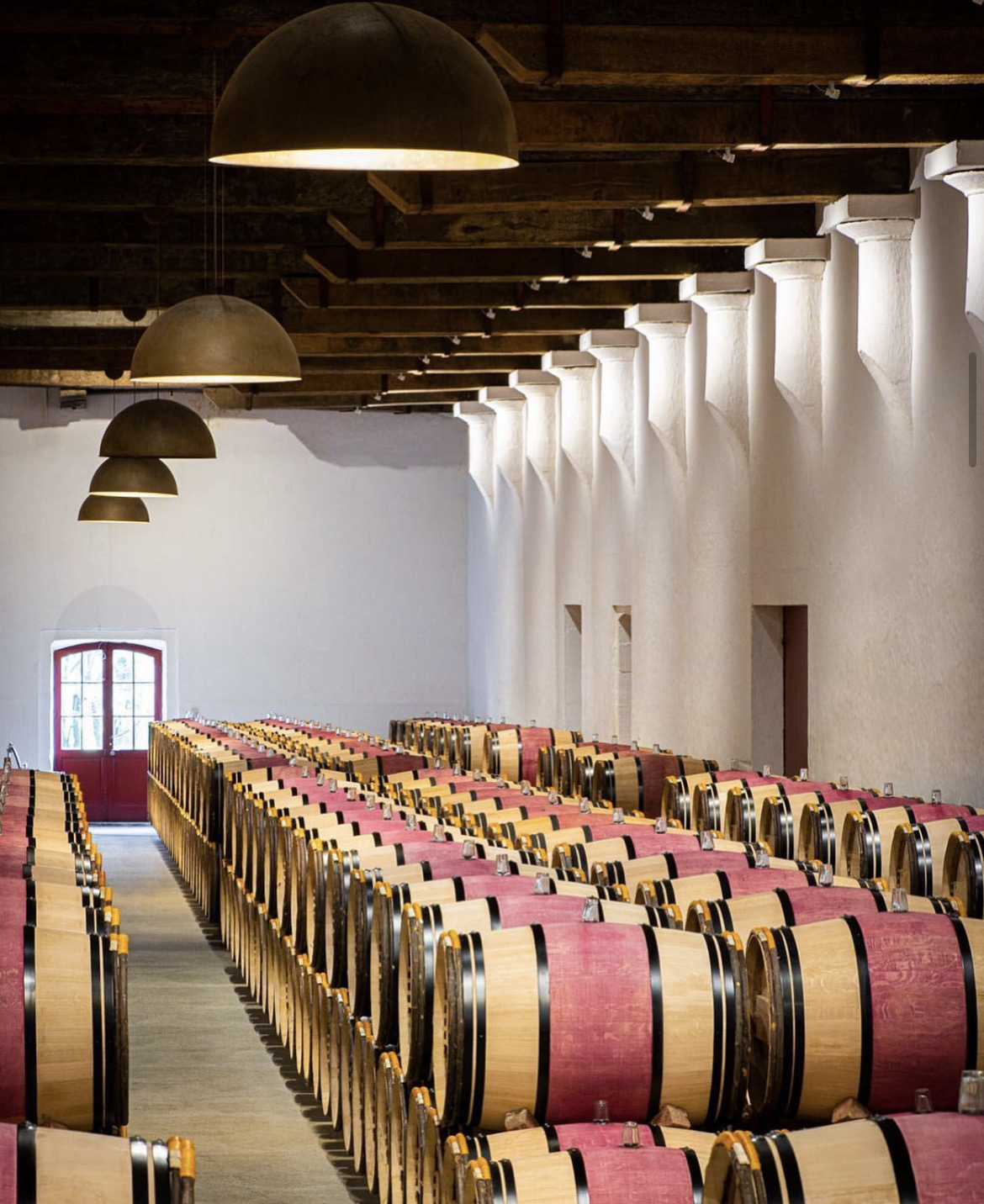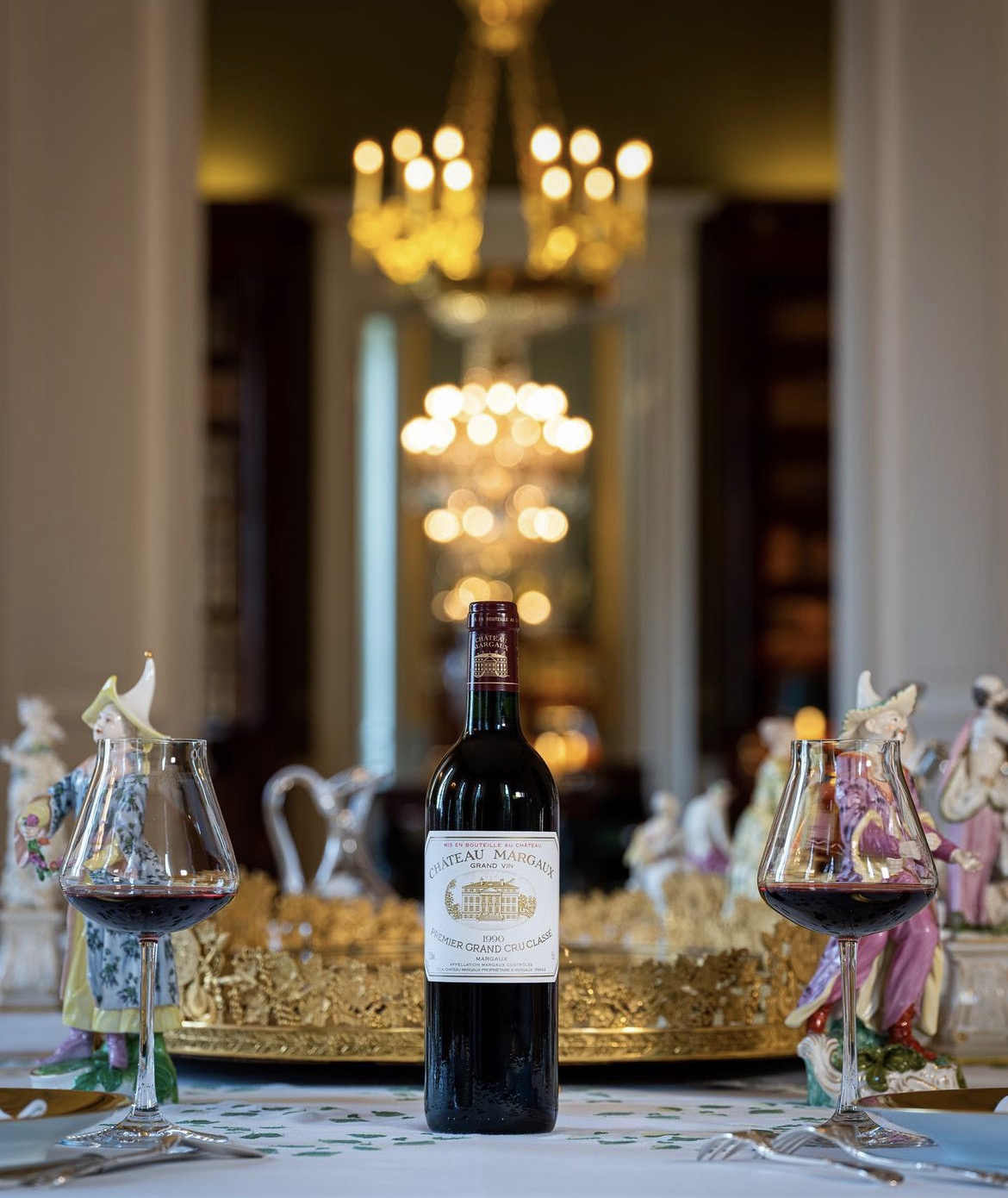Few beverages can match wine's charm and mystique in the world of human indulgences. Throughout history, wine has been connected with celebration, leisure, and even romance.
The link between wine and heightened desire has been the subject of countless stories and myths that have created an enthralling narrative.
But is there any evidence to support the idea that wine has aphrodisiac properties?
Let's take a look at the proof behind this enticing promise in the world of wine, as stated by Stan Kushkin, the founder of Wine Rooster and a renowned wine sommelier.
Snapshot Survey
Thanks for sharing your thoughts!
Please subscribe for your personalized newsletter:
The Role of Alcohol

The primary component of wine, alcohol, is recognized to have some physiological effects on the body. It slows down brain activity and lowers inhibitions by acting as a depressant on the central nervous system.
When used in moderation, alcohol has a calming effect, which can make people feel more relaxed and less self-conscious. As a result, one may become more self-assured and open-minded in intimate settings.
It's crucial to stress that consuming alcohol in excess can have the opposite impact. Alcohol inhibits judgment, coordination, and cognitive function beyond a certain degree, which can result in undesirable outcomes in intimate circumstances. It can impair sexual performance, reduce excitement, and possibly cause temporary erectile dysfunction in men.
Alcohol abuse can make it more likely for someone to make poor decisions and engage in unsafe sexual activities that they may come to regret later.(1)
Wine's Sensory Appeal

Wine has a lot to offer when it comes to sensory experiences. The brilliant colors, tempting scents, and complex flavors all contribute to its attractiveness.
The first sip of a quality wine can activate our taste buds and set the tone for a joyful experience. But does this sensory stimulation result in increased sex desire?
Scientists hypothesize that wine's reputation as an aphrodisiac may have something to do with its capacity to elevate mood and promote relaxation. Increased levels of endorphins, the brain's feel-good chemicals that foster a sense of well-being and relaxation, have been related to moderate wine drinking. This could therefore help to establish a setting that encourages intimacy and desire.
However, it is important to understand that each person reacts to wine and its effects on sexual desire differently. Personal preferences, physiological reactions, and emotional states can all have an impact on the experience and the outcome.
Furthermore, the effect of wine on sexual desire should not be seen as a stand-alone treatment. True sexual desire originates from a complex interplay of physiological, psychological, and emotional elements that go beyond the consumption of any specific beverage.(2)
The Link Between Wine and Sensuality

Wine has long been regarded as the elixir of love by cultures both ancient and modern. Wine was viewed by the Greeks as a gift from the god of fertility and ecstasy Dionysus, while the Romans devoted the vine to Bacchus, their deity of wine and celebration. These associations alone may have contributed to the idea that wine increases sensuality.
Science informs us, however, that the connection between wine and sensuality is more intricate. Wine contains alcohol, a depressant of the central nervous system. When used in moderation, it can ease tension and brighten the mood, fostering an intimate setting.
In addition, a substance known as resveratrol, which acts like an antioxidant, is present in wine. Resveratrol has been associated with a number of health advantages, such as better blood flow and heart health. These physiological benefits may indirectly contribute to a greater sense of well-being and romanticism.
Nevertheless, when compared to the concentrations employed in scientific studies, the amount of resveratrol in a glass of wine is quite low. To consume the quantity of resveratrol associated with potential health advantages, one would have to drink unfathomable amounts of wine.
Engaging the Senses: How Wine Creates an Intimate Experience

The process of drinking wine involves more than the wine's chemical makeup. It is a sensory experience, from the aroma that entices our olfactory senses to the visual temptation of the wine in the glass.
Sipping wine slowly and indulging in it can be an intimate and delightful ritual, building a sense of connection and enriching the whole sensory pleasure.
Wine is also frequently consumed in social settings, where it serves as a fuel for conversations and bonding. A friendly mood can be fostered by sharing a bottle of wine, which can surely pave the way for romance.
The soft lighting, delicate clinking of glasses, and shared moments of connection all contribute to an atmosphere that fosters intimacy and sensuality.
The question of whether wine is truly an aphrodisiac or not remains unanswered. Although there is no concrete scientific evidence to back the idea, wine's reputation as a love elixir may be influenced by its sensory qualities, psychological effects, and the existence of certain chemicals.
Even though wine has the potential to create an environment that might heighten desire, it is critical to drink it wisely and in moderation.
So the next time you open a bottle of wine to boost your mood, savor it gently, take in all of its subtleties, and let it add to the sensory kaleidoscope of your amorous experiences.

